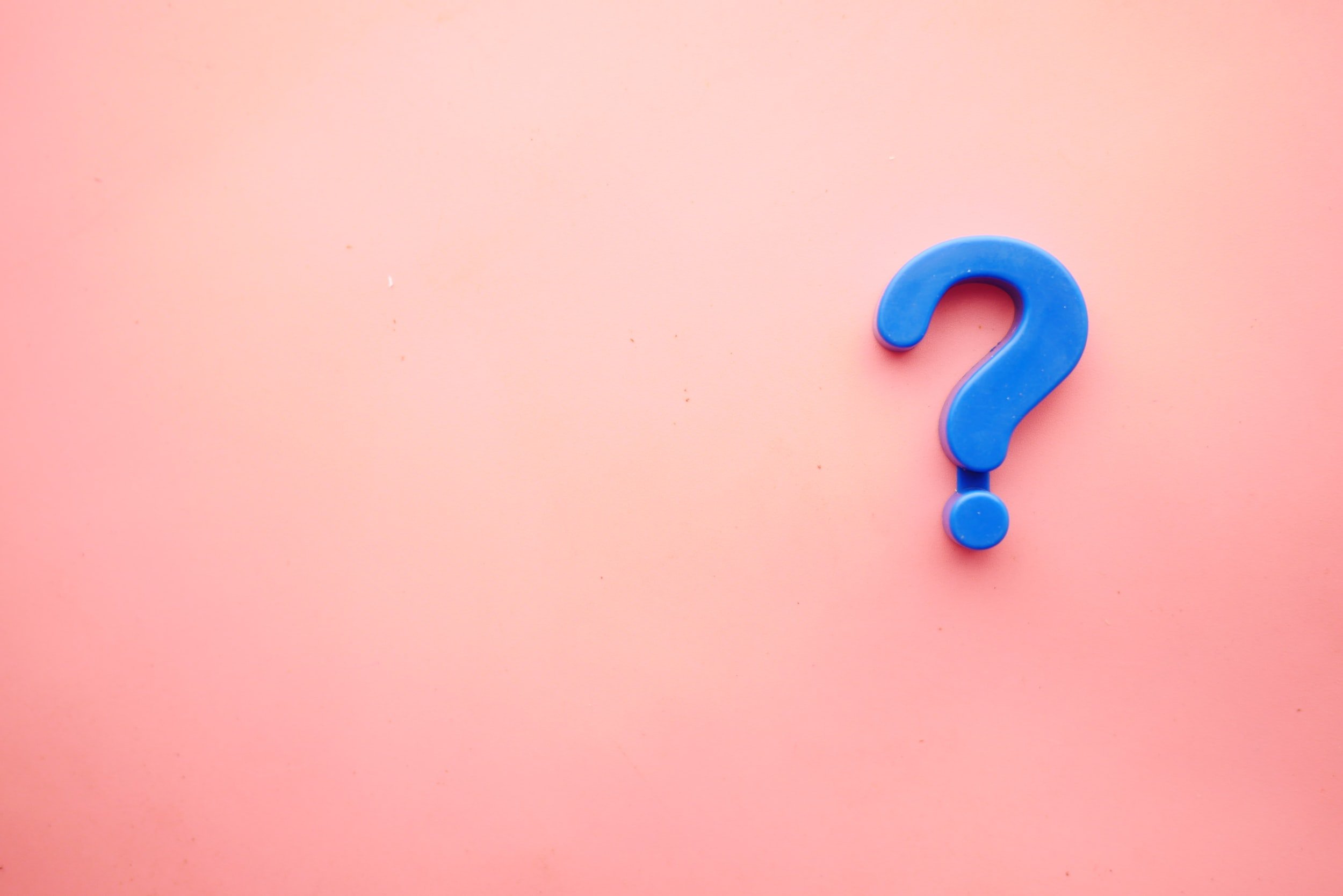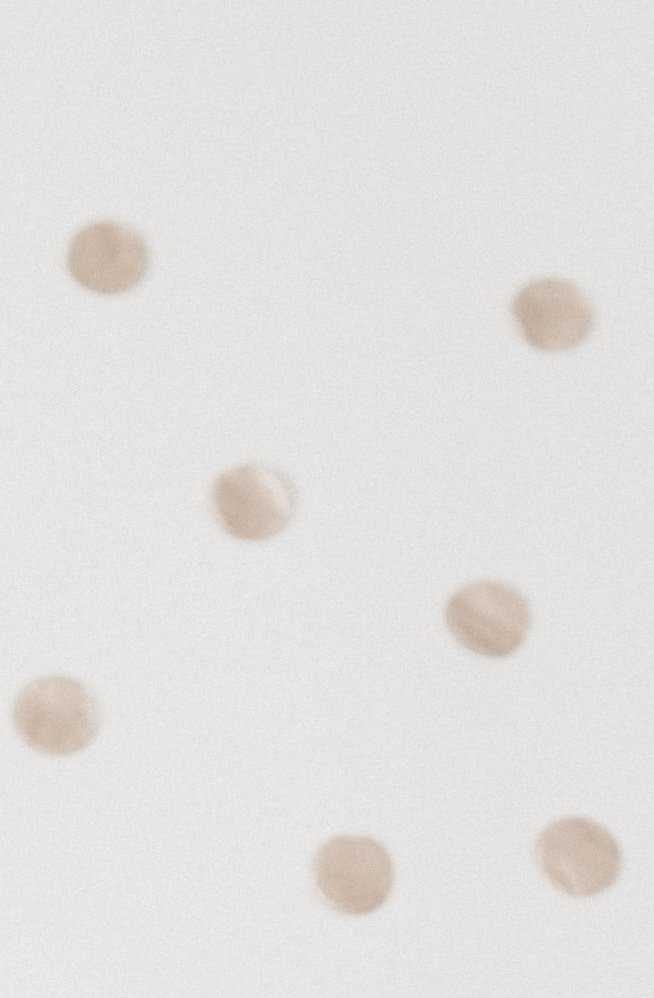
How is HIV spread?
HIV is spread through several body fluids
Blood
Semen
Vaginal fluid
Rectal fluid
Breast milk
Therefore, any activities where there is exchange of these fluids carry a risk

HIV DOES NOT discriminate
It impacts people of all class, colour, race, religion and tribe.

How to prevent HIV;
a)BEFORE having sex/injecting
1) Use a condom
2) PreP is medication to prevent getting HIV. Knowing this means you can critically and honestly plan your life without unnecessary risk.
a) Planning to have unprotected sex
If you are;
heterosexual or homosexual and are likely to have multiple episodes of intercourse without a condom in the next 3 months
AND your partner is either known to be HIV positive (whether or not they are on treatment) OR if you don’t know the status of your partner.
You are eligible to have PrEP.
b) Planning to inject/unable to get clean needles
If you are likely to share injecting equipment with someone whose HIV status you don’t know or know within the next 3 months
You are eligible to have PrEP.

Preventing the spread
Using a condom or PreP requires you to be an honest critic of yourself and make a hard choice to protect others, and most importantly yourself.
Good choices are never easy, but they are necessary.

PreP is medication that is taken once a day, usually before intercourse or sharing of needles, to prevent HIV.
The doctor will perform a few tests before starting you on them.
It only protects you from HIV and does not protect you from STDs.
You will need to see the doctor at least 3 or 4 times a year to make sure your well.
If you miss the medication it may not work.
It works 99 percent of the time for protection against HIV during intercourse, if taken daily. If injecting it is estimated to give at least 75% protection
Before having vaginal intercourse its best to take daily for at least 3 weeks before to get the maximum benefit and anal at least 7 days before.
If you need it at shorter notice you may have to discuss with your doctor

You had intercourse, without protection or you shared needles. What is available for you AFTER ?
PEP is medication that is taken after a risky encounter.
Life happens.
Maybe a condom ruptured and you are uncertain of the HIV status of your partner
or you have been raped/assaulted or shared needles that your unsure of.
Whatever the situation, see your doctor early. You can still have medication to prevent HIV.
It is best taken within 3 days or 72 hours of the event. Taking it later than this may not work.
It is taken for 1 month /4 weeks total.
Do not shy away. Protect yourself.
If you are engaged in frequent risky activities then PreP maybe a better choice than PEP in the long run.

Drinking alcohol and using drugs affects your judgement. You are likely to forget to take your medication or use protection when drunk. Alcohol may affect the way PrEP and PEP tablets work to protect you from HIV. This may put you at risk.

Protect your family
If you are HIV positive, taking your medications will help protect your children and family from HIV and prevent the spread.
Having a low level of virus protects not only you, but also those you love the most.
Medication combinations available for Preventing HIV before an encounter
Truvada
Descovy
These may be available to everyone and anyone ,for free at most health centers.
The link below has more information on these medications.
https://www.cdc.gov/stophivtogether/library/topics/prevention/brochures/cdc-lsht-prevention-brochure-prep-medication-guide-patient.pdf
Medications for preventing HIV after an encounter are
Biktarvy
Triumeq
Truvada+Tivicay


